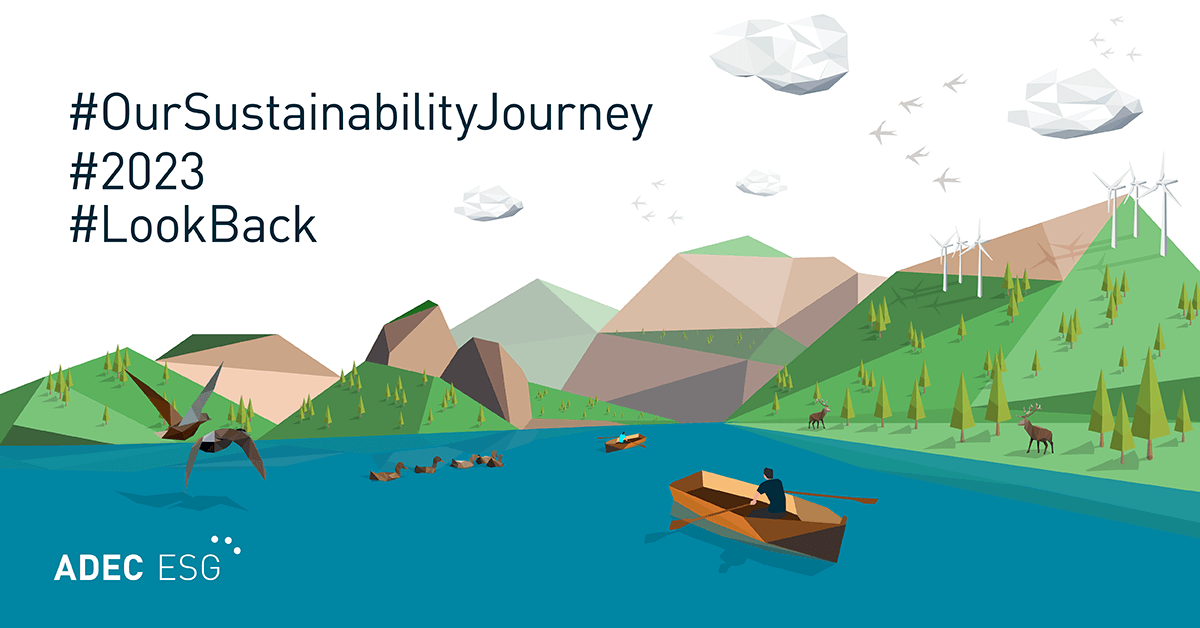When one thinks of individuals involved with incorporating sustainability into their business, the position of Chief Financial Officer (CFO) is not usually what comes to mind. However, the CFO plays a large, if not critical, role in sustainable management solutions that companies and organizations across the globe are addressing. To become sustainable, an organization must become energy efficient, maximize their resource use, and streamline their processes. Achieving these goals requires intensive resource planning that directly affects the core activities of a business. And achieving these objectives has enormous impacts on the bottom line. If these goals and P&L influences are so centrally influential to a company, shouldn’t the CFO be ultimately responsible for sustainability matters?
The role of the CFO has steadily evolved away from the singular role as the corporation’s financial gatekeeper towards a more comprehensive role in management strategies that has been influenced by the way businesses are now viewing sustainability. According to a report by Ernst & Young, the key areas where sustainability trends have influenced the role of the CFO are in investor relations, external reporting, and financial risk management. These three areas are becoming increasingly important as emissions reporting and other sustainability practices are deemed necessary for a successful sustainable business – or any business for that matter.
Previously, sustainability was viewed as a passing phase or perceived frivolity only larger companies could participate in. Recently that perspective has changed, and corporate sustainable management solutions have become vitally important. These changes are partially influenced by an increase in government environmental regulations aimed to reduce environmental impact. However, according to a global survey released by Deloitte Touche Tohmatsu Limited (Deloitte), two-thirds of 250 CFOs from 14 countries are engaging in sustainability efforts because of the key role this plays in both the financial and market success of their respective companies.
The role of a CFO has expanded and evolved to include management strategies for incidences involving the environment, social equity, and economy (ESG) matters or the triple bottom line; assessing various risks from all angles; investing in a broad spectrum of technologies like renewable energy sources; communicating with different people from investors to colleagues; and developing tools which will comprehensively collect environmental data then factor this into budgets and reports which in turn are analyzed, evaluated, and measured to improve sustainability efforts.
This is an area FirstCarbon Solutions excels in. We collaborate with our clients to develop and implement the right solutions to help them achieve energy, sustainability, and supply chain goals. Because FirstCarbon Solutions is the only company that combines comprehensive environmental consulting and software with expertise in back office data processing, our clients reduce costs, optimize resource use, and improve operational efficiency quickly and cost-effectively – everything that a CFO would need for fulfilling his/her role more effectively.
Did you enjoy this post? The author of this article is Robert Francisco. Learn more about him here.





